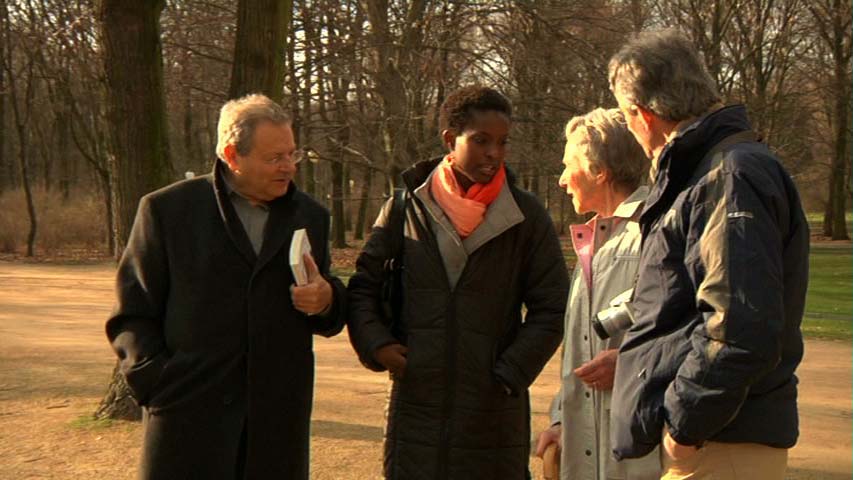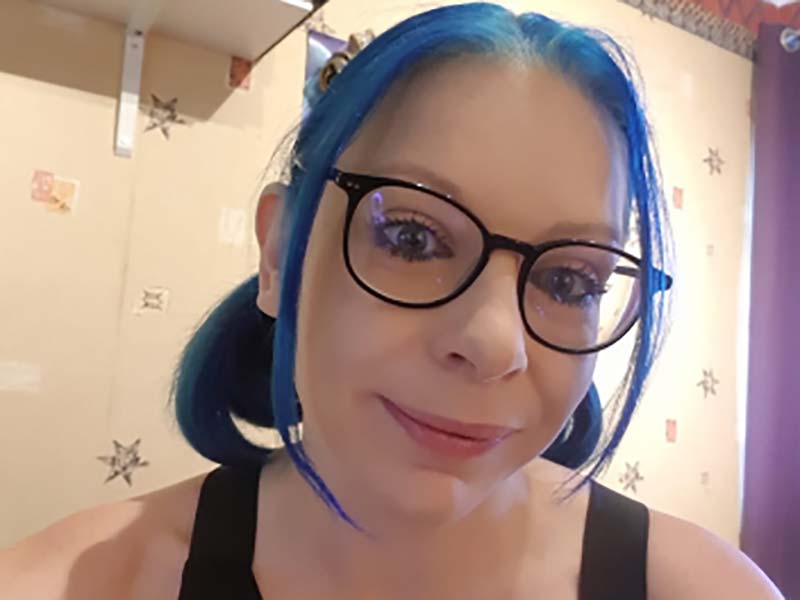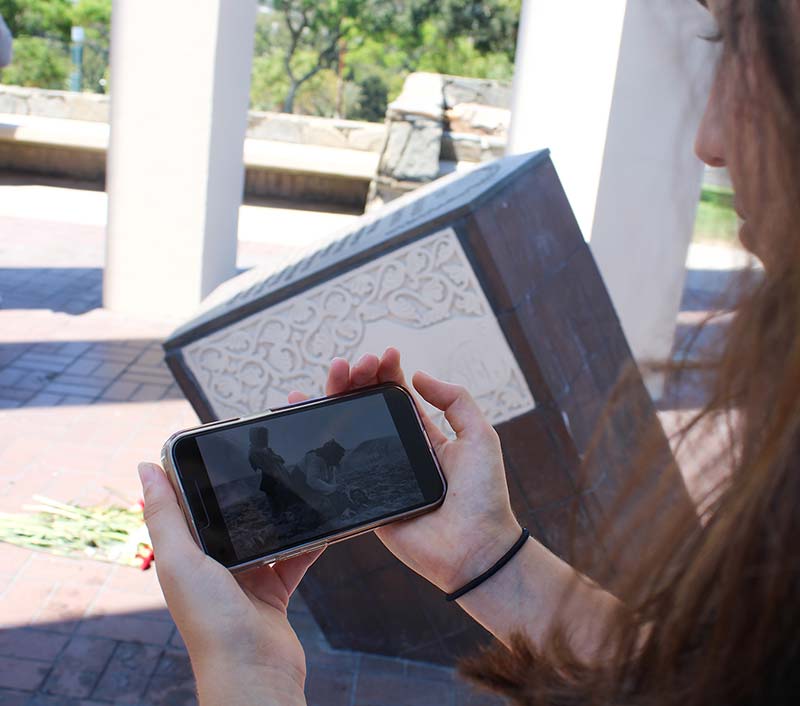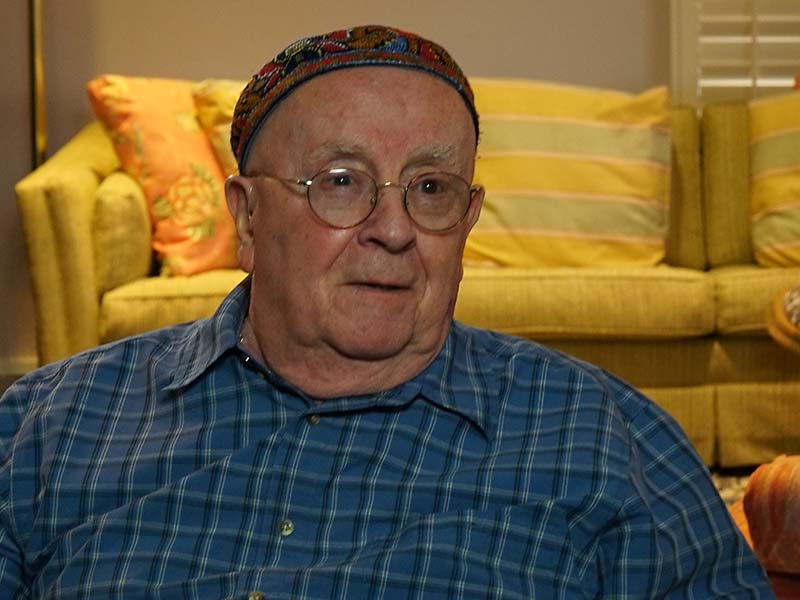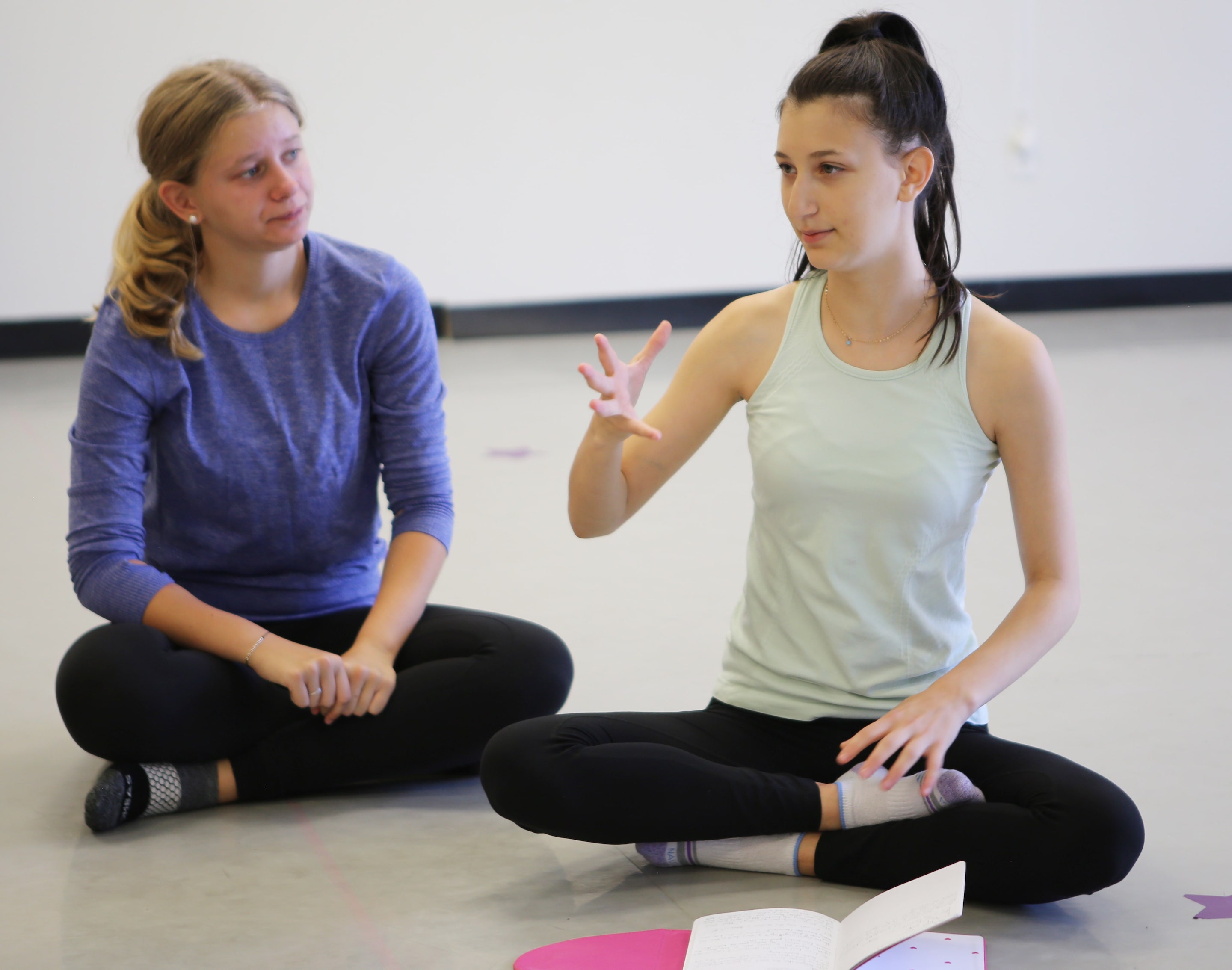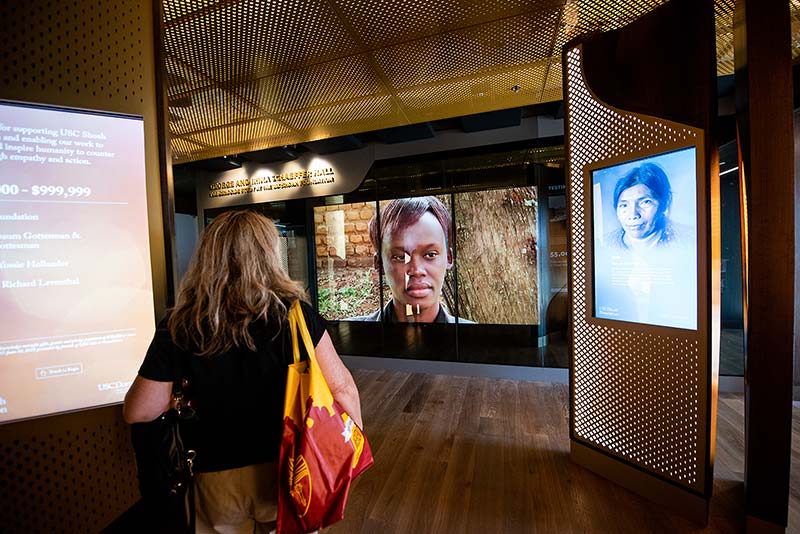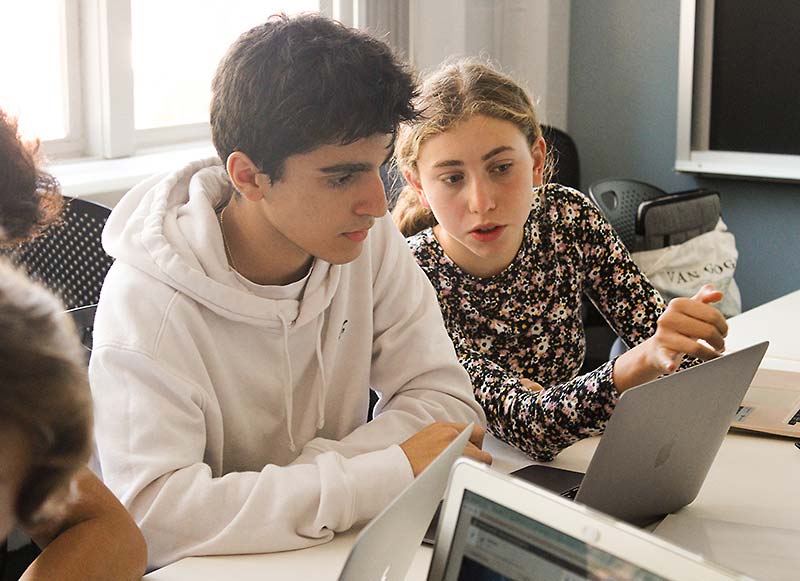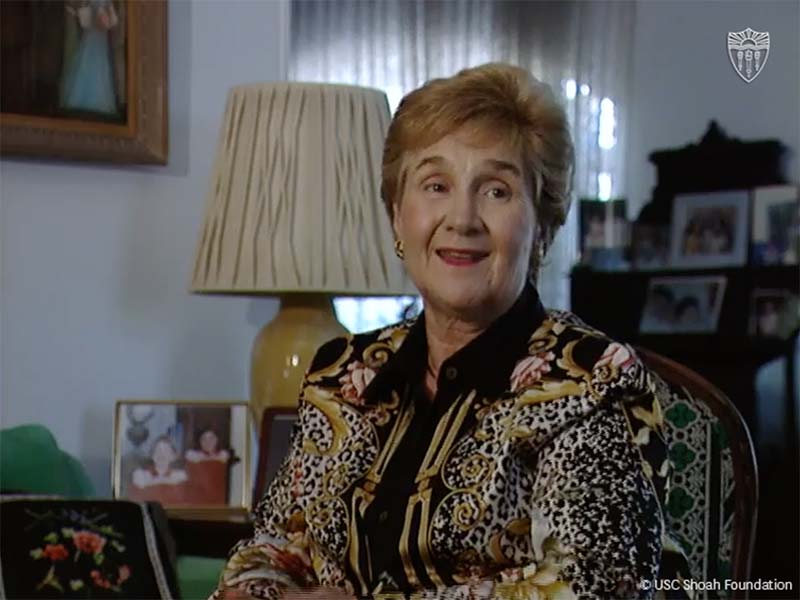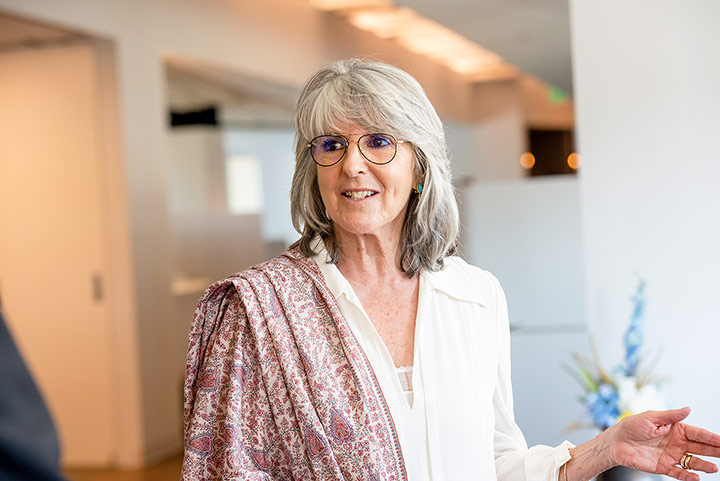Fifteen hours of interviews describing the actions of a group of World War II-era diplomats who defied official policies to save tens of thousands of lives during the Holocaust have been added to USC Shoah Foundation’s 55,000-strong Visual History Archive (VHA) thanks to a collaboration with the Andrew J. & Joyce D. Mandell Family Foundation.
USC Shoah Foundation today welcomes Dr. Victoria Walden, a senior lecturer from the University of Sussex in the United Kingdom, who will spend the next two weeks conducting research at the Institute on digital memory and the Holocaust.
California Governor Gavin Newsom recently declared that Armenian Genocide Remembrance Day—observed annually on April 24—will become a statewide holiday to be known as Genocide Awareness Day.
Today we remember the lives lost at the Tree of Life Synagogue in Pittsburgh on October 27, 2018. The Shabbat morning attack, in which 11 worshippers were killed and six wounded—including several Holocaust survivors—was the deadliest act of antisemitic violence in United States history.
Synagogue member Judah Samet, a Hungarian-born survivor of the Holocaust, sat trapped in his car in the synagogue parking lot that Saturday morning as law enforcement agents engaged in a gun battle with the shooter.
East Coast dance artist Rachel Linsky combines movement and testimony to create a novel form of Holocaust education.
Rachel directs and choreographs ZACHOR, an initiative that honors Holocaust survivors through dance. Her latest work in the project is Hidden, a dance film and production based on the story of Aaron Elster, a Jewish boy who from 1943 to 1945 hid from Nazi persecution in the attic of a Polish family.
USC Shoah Foundation has moved into the next chapter of its work, with noted international expert and governmental advisor on Holocaust remembrance and antisemitism Dr. Robert Williams appointed as Andrew J. and Erna Finci Viterbi Executive Director.
USC Shoah Foundation today launches a series of professional development webinars that provide educators with testimony-based resources that support accelerated learning practices across the curriculum.
The focus on accelerated learning comes as schools return to in-person instruction and teachers navigate the range of learning losses caused by the need for remote schooling during the Covid-19 pandemic.
When Lee Liberman first viewed testimonies from USC Shoah Foundation’s Visual History Archive (VHA) almost 25 years ago, she was immediately moved to action.
“We have a commitment and duty to humanity to combat hate, and we must work diligently to bring these testimonies to communities around the globe,” she said.
More than two decades later, as Lee transitions to an emeritus role after a successful term as Chair of the Institute’s Board of Councilors, she has more than delivered on her pledge.

